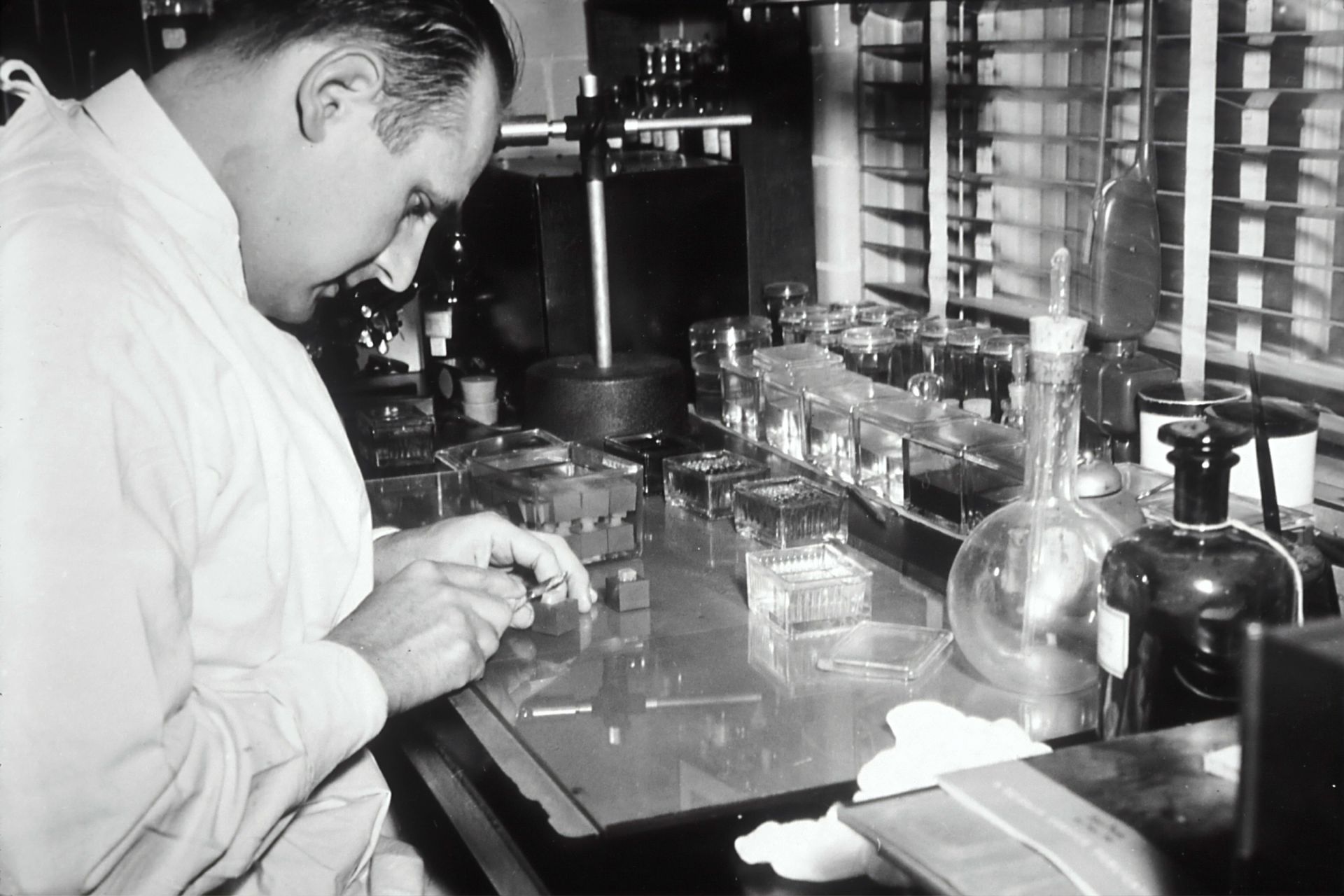Confidential communications between lawyers and their clients are sacrosanct. They are subject to legal professional privilege, which means they cannot be disclosed by anyone – including the lawyer – to anyone else – including the government, the courts, the police, or anyone at all – without the client’s express authorisation. That principle has been around for about 500 years, and remains a fundamental tenant of our legal system. But it has, at times, been sorely tested.
Once upon a time, a telephone was just a device we used to talk to others. But nowadays, it can be a complex personal data centre, which holds often sensitive and intimate information on matters ranging from our private personal, familial and commercial relationships to our health, employment, and income, our business affairs and legal communications, as well as every location we have visited, and much, much more.
So, not surprisingly, police investigators have become increasingly interested in accessing mobile telephones to garner information on the suspects. Recent amendments to The Police Powers and Responsibilities Act and the Criminal Code have made it an offence for any citizen to refuse to give police the password or pin number for their mobile phone or other storage device if the police have a search warrant requiring that information, unless the owner has a reasonable excuse to refuse to give it up.
Last month, the Queensland Court of Appeal delivered an important ruling on just what might constitute such a reasonable excuse.
The case arose when police obtained a search warrant authorising them to seize the appellant’s “mobile phones,” and requiring him to permit the police to “examine the stored information to find out whether it may be evidence of the commission of an offence.” However, when police located and seized the appellant’s phone, he refused to provide them with the pin number to unlock it, on the basis he had regularly used the device to conduct confidential communications with his lawyer, so the phone contained material which was subject to legal professional privilege. The police didn’t quite see it that way, so they promptly charged him with an offence under the Criminal Code for failing to comply with the order to provide his pin number.
In defending that charge in the Magistrates Court, the phone owner’s lawyer argued that the right to decline closure of communications protected by legal professional privilege constituted a reasonable excuse for the refusal to provide access to the mobile phone. However, the Magistrate disagreed, and found the defendant guilty as charged.
But the matter didn’t end there. On an appeal of the conviction, a District Court Judge accepted the appellant’s contention that he was entitled to maintain his privilege against disclosure of confidential communications with his lawyer, even if other information on the mobile phone was not privileged, and therefore the appellant had a reasonable excuse for his refusal to give up his pin number. Of course that ruling posed a significant potential problem for police hungry to get their hands on all those mobile phones out there, so the Commissioner of Police applied for leave to appeal to the Supreme Court of Queensland, arguing that the District Court Judge had wrongly failed to take into account that the legal professional privilege could not have applied to all the information on the mobile phone.
The Court of Appeal effectively said that didn’t really matter, because the centuries old right to protect confidential legal communications had to be upheld. The appellant “was faced with an apparent demand by police for access to the contents of his phone, which, so far as one could tell by their actions, the police officers intended to read as soon as was practicable…The only way to protect the confidentiality of the privileged information was for the respondent to deny access to the phone. The warrant was sufficient authority for police to take the phone away in order to preserve any evidence that might be on the phone so there was no risk that evidence might be lost.” In the circumstances, their Honours ruled, the appellants refusal to provide police with the information they were after was not unreasonable.
In so rejecting the Commissioners appeal, the Court noted that “It is in the public interest that candid communications be permitted between lawyers and their clients and it is for this reason that privileged communications are protected against disclosure. Indeed, so important is this principle that the improper disclosure of communications that are the subject of privilege might even result in criminal proceedings being stayed.”













